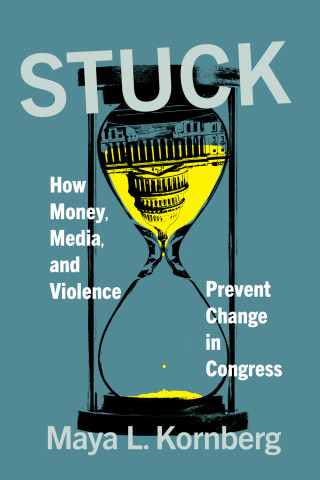
Reviews
Provides a scholarly review of the discussions about emergency power by those who debated and drafted the United States Constitution and then advocated for and against its ratification. He also gives a thorough analysis of the writings on emergency power by four key political theorists... whose work influenced our Founding Fathers' view... Mr. Fatovic demonstrates quite convincingly that the importance of contingency and emergency events was never far from the minds of either the political theorists or the creators of the United States Constitution.
Book Details
Acknowledgments
Introduction
1. "So Many Unexpected Things": Contingency and Character in Modern Political Thought
2. "Without the Prescription of the Law": Virtue and Discretion in Locke's Theory of
Acknowledgments
Introduction
1. "So Many Unexpected Things": Contingency and Character in Modern Political Thought
2. "Without the Prescription of the Law": Virtue and Discretion in Locke's Theory of Prerogative
3. "All Was Confusion and Disorder": Regularity and Character in Hume's Political Thought
4. "The King Can Do No Wrong": Blackstone on the Executive in Law
5. "It Squints towards Monarchy": Constitutional Flexibility and the Powers of the President
6. A "Patriotic and Dignifying President": Republican Virtue and the Presidency
Conclusion
Notes
Index






